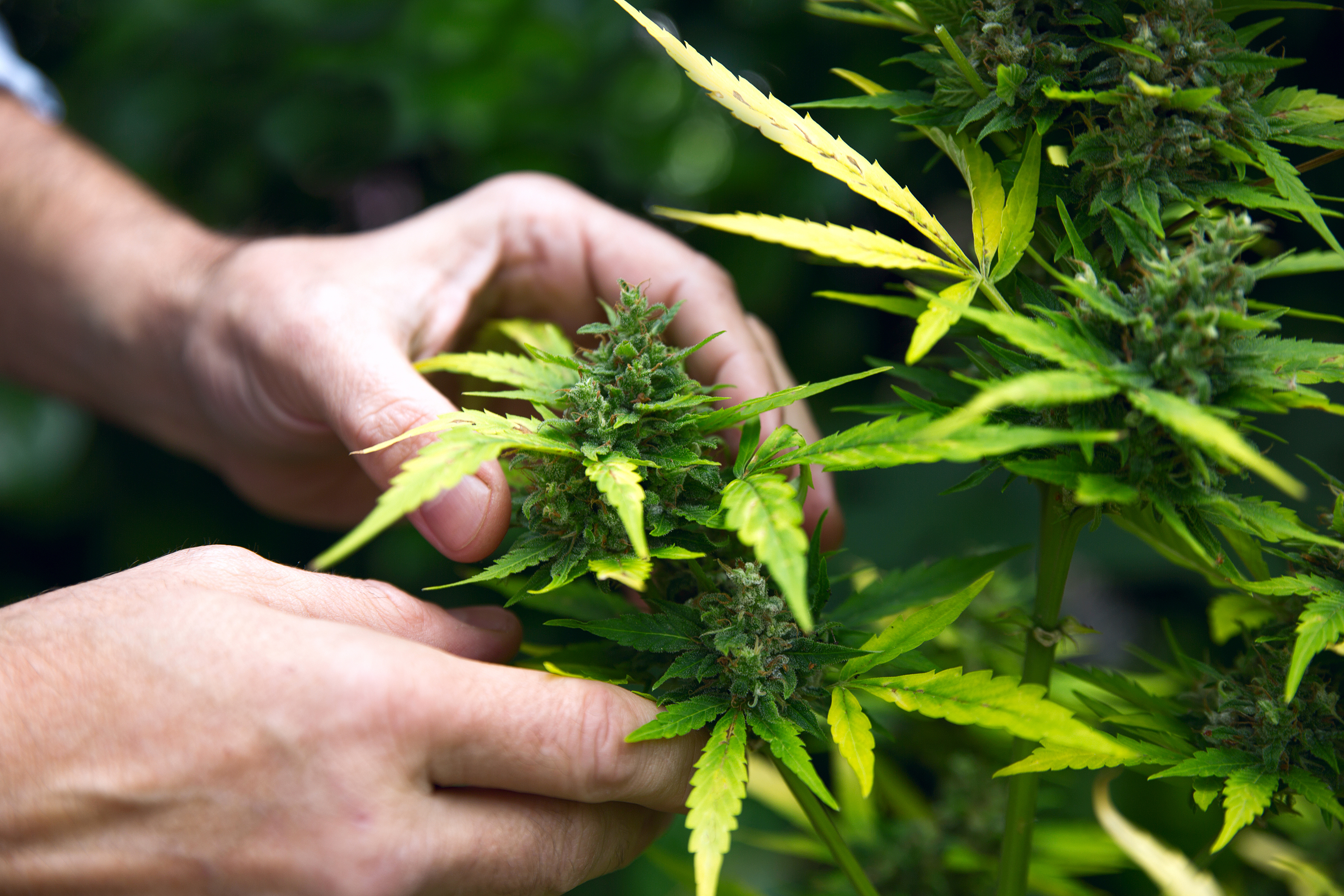Update: A modified version of HB 1400 was signed into law. Act 740 prohibits the smoking of marijuana in any place where smoking tobacco is prohibited, in the presence of a child under age 14 or a pregnant woman, in a motor vehicle, and in a place where it could affect a person not authorized to use marijuana. It also bans anyone under age 21 from smoking medical marijuana. You can read the Act here.
Update: HB 1400 passed the House and Senate and is being transmitted to the Governor.
Update: Senate members voted 15 to 10 on March 6 to reject SB 357. Although the sponsor has indicated his intent to bring the issue up again, this Senate vote represents a significant victory for patients and voters.
Update: SB 357 was returned by the committee with recommendation that it Do Pass.
Update: House Bill 1400 has been filed and referred to committee.
Update: The Senate version of this bill, SB 357, has passed Committee and now awaits action on the Senate floor.
Legislative efforts are pending to amend the state’s voter-initiated medical marijuana law in a manner that would restrict qualified patients from smoking herbal preparations of the plant. Republican Gov. Asa Hutchinson indicates that he favors the plan.
NORML opposes this effort to fundamentally change the law for the following reasons.
The inhalation of herbal cannabis is associated with the rapid onset of drug effect while the oral consumption of other preparations, such as oils, extracts, or pills, is associated with significantly delayed onset. For patients seeking rapid relief from symptoms, such as those suffering from severe nausea, seizures, or spasms, inhaling herbal cannabis is the fastest and most effective route of administration. Inhaling cannabis also permits patients to better regulate their dose.
Further, the effects of orally ingested cannabis are far less predictable in comparison to inhaled cannabis. This is because there exists far greater variability in the ways that marijuana is metabolized when it is consumed orally — meaning that patients may experience disparate and even dysphoric effects from dose to dose, even in instances where the dose is standardized.
Finally, many alternative forms of cannabis delivery, like lozenges and tinctures, have not been subject to clinical testing for safety and efficacy. By contrast, hundreds of controlled trials exist regarding subjects’ inhalation of cannabis. For instance, an exhaustive report released by the National Academies of Sciences in January determined that there is “conclusive” evidence that the use of whole-plant cannabis is “effective for the treatment of chronic pain.”
Please use the pre-written letter below to inform lawmakers and the Governor that these proposed restrictions unnecessarily limit patients’ choices and deny them the ability to obtain rapid relief from whole-plant cannabis in a manner that has long proven to be relatively safe and effective.



